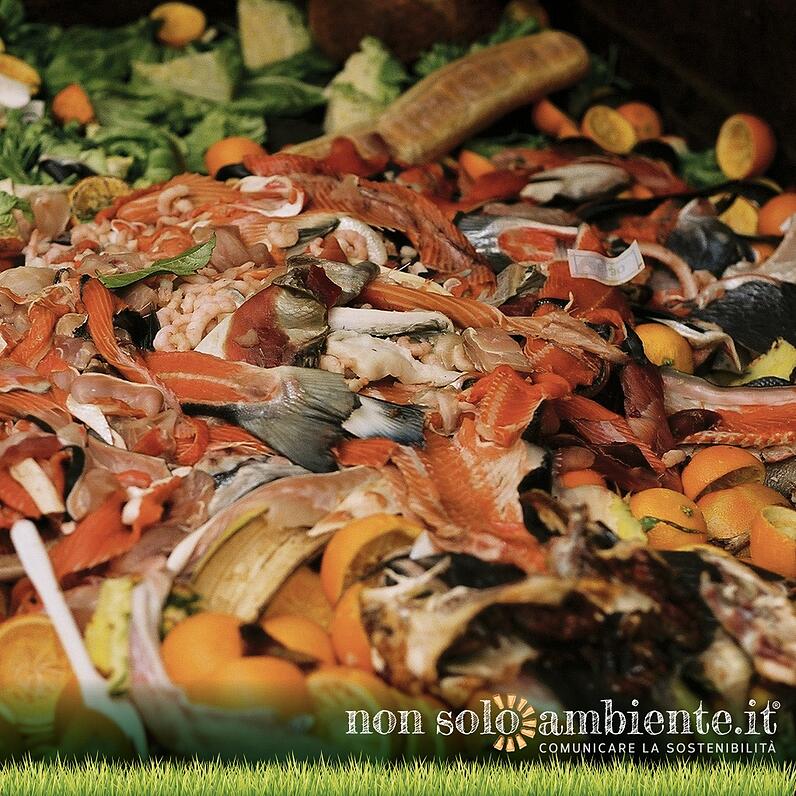
Ultime Notizie

Food waste amasses to around 1/3 of all the world's food production. To combat the problem, the European Union has recently adopted new guidelines as an incentive for and protection of food donation.
On one side, malnutrition and hunger are issues that can be found. On the other hand, food waste is a difficulty that only worsens the parallel problem of resource scarcity in the world. The numbers alone make it clear that direct intervention is necessary. According to FAO, 1.3 billion tons of food – one-third of the total production of food for human production – is wasted every year.
On October 16, 2017 (International Food Day), the European Commission officially adopted guidelines for food donation that support and favour the redistribution of still edible food that would otherwise be thrown out.
The guidelines are mainly concerned with waste from large distributions, and aim to fight malnutrition and food insecurity within the European Union through the redistribution of wasted food that is still healthy, safe and usable. These guidelines are nonetheless subject to being declined by each member state’s national legislation.
The document, which can be found online in full, more specifically contains instructions meant to help donors and receiving associations respect all necessary hygiene and food safety requirements, consumer information and spread practices of safe food donation. Furthermore, the document promotes a common interpretation for the authorities of the member states, to favour redistribution and limit the amount of food destined for landfills.
The suggested guidelines are the first step in a wide-ranging vision and likely to spark more concrete action. A pilot program is also planned, which will strengthen best practices in food donation within member states and promote the circulation of the guidelines.
The instructions provided within the guidelines against food waste include clarifications regarding surplus sorting, traceability, the meaning of responsibility, hygiene standards, information concerning the final consumer, and fiscal standards. Food safety, in particular, is the subject of extensive insights and demands the greatest challenges. Only by guaranteeing food safety will it be possible to enact useful good practices and create persisting models that allow all food on the market to come full circle.
Tags:
Potrebbero interessarti ...
Snam’s commitment to sustainability at Dubai Expo 2020
13 Ottobre 2021No more chocolate by 2050 because of extreme droughts effects
22 Settembre 2021How much CO₂ do urban forests absorb?
15 Settembre 2021Iscriviti alla nostra Newsletter!
Sei un sostenitore dell'ambiente in tutte le sue forme? Allora sei nel posto giusto!
Iscriviti subito!




